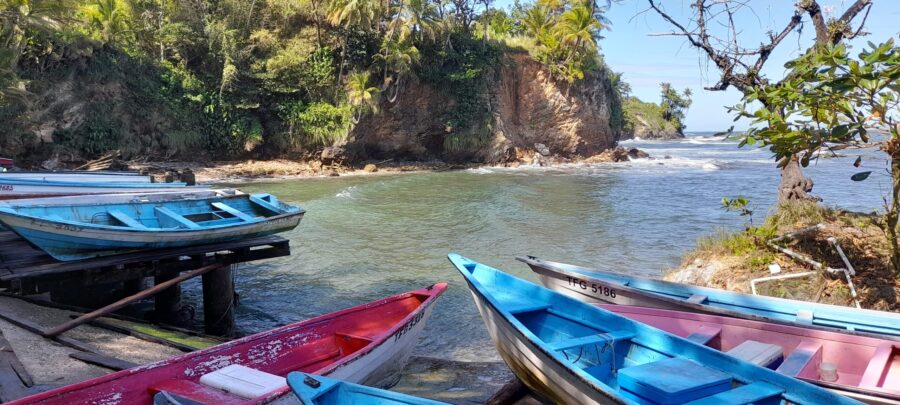By Sue-Ann Wayow
IF TRINIDAD and Tobago fails to clamp down on illegal and unreported fishing in the country, it could be banned from exporting any of its fish products to European countries.
The stern warning came from the European Commission on Monday which was confirmed by the Ministry of Agriculture the same day.

The ministry admits that current Fisheries Legislation was more than 100 years old and does not allow Trinidad and Tobago to adequately address its international obligations.
“The Ministry of Agriculture Land and Fisheries will continue to collaborate with stakeholders, experts, and international partners to develop and implement comprehensive measures that promote responsible fishing practices, protect marine resources, and ensure the long-term sustainability of our fisheries sector,” the ministry stated in a media release.
The ministry stated that in an attempt to fast-track the passage of new modern legislation, a Joint Select Committee of Parliament (JSC) was convened in 2020 to review the bill, completing two rounds of review of all 242 clauses and the amended Bill was now before the Legislation Review Committee of the Cabinet for consideration.
Two further meetings of the Legislative Review Committee were scheduled.
One was expected to be held on Monday and the other on Friday to address any final legal considerations before the Bill goes to Cabinet for approval.
The release stated, “It is anticipated that consultations with stakeholders will follow to advise on how their 700 plus comments were addressed in the Bill after which the Bill will be laid in Parliament. The Ministry of Agriculture is working towards providing the necessary staffing and resources to implement the Bill once passed.”
The ministry stated the European Commission in its statement has expressed its availability and continued support to Trinidad and Tobago in addressing several areas including:
(1) the administrative and legal framework for fisheries management;
(2) fisheries monitoring, control and surveillance;
(3) cooperation among agencies involved in fisheries management;
(4) cooperation with Third States whose fishing vessels utilise local ports for the landing and transhipment of fish and fish products. In particular, the establishment and reinforcement of port controls (especially for foreign-flagged fishing vessels) and enhanced monitoring, control and surveillance of all TTO-flagged fishing vessels.
![]()












